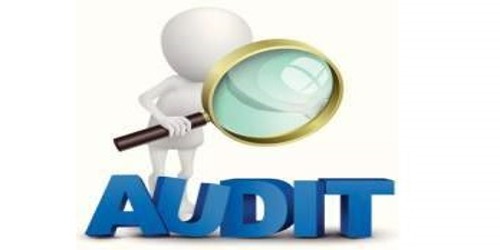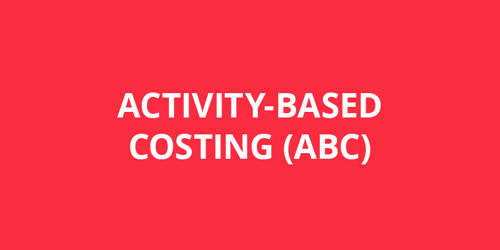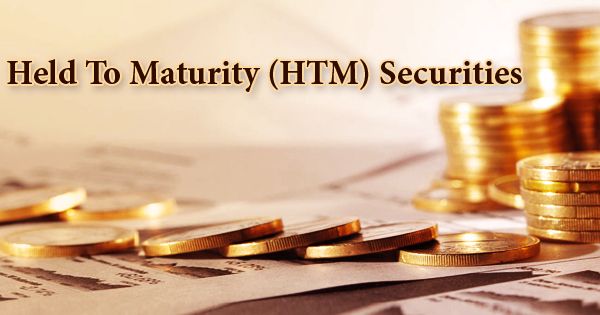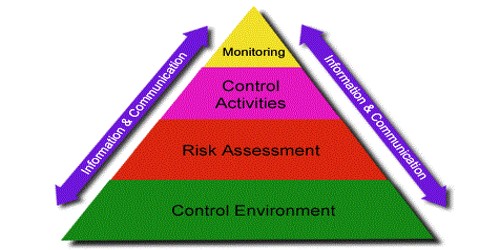Scope of Audit
The scope of Audit means the depth of an audit performed. Generally, auditors used to check cash transactions if there were suspected frauds. But in recent years, the scope of audit has increased. Nowadays auditing is related to the examination of books of account, evidence, bills, stock, and its physical verification, etc.
Nowadays, it is not possible to go through the books of account. So, an auditor applies the test check. But such a test is possible in such an organization where an effective internal check system is applied. An auditor should analyze the suspected frauds so as to find out the fact but an auditor should depend on the information provided by the concerned officer.
Scope of an audit are;
- Legal Requirements.
- Entity Aspects.
- Reliable Information.
- Proper Communication.
- Evaluation.
- Comparison and Judgments.
An efficient audit process relies on both the auditor and auditee being clear on what the audit covers, that is, its scope. An auditor should prepare and present a report after the examination of the profit and loss account and balance sheet. An auditor does not only check the books of account on the basis of evidence but also has to check the authenticity of documents. An auditor should set his mind in that area where he is not satisfied with the records. Despite having the above facts, the attention of an audit can be set up as follows:
- Checking of books of accounts so as to find out the truth and fairness.
- Verification of assets and liabilities after its detail checking.
- Checking of books of accounts on the basis of available evidence.
- Checking arithmetical accuracy of books of accounts.
- Expressing an independent opinion about the financial statements.
- Preparing and presenting a fair report to the concerned officer or owners.
Information Source:
















